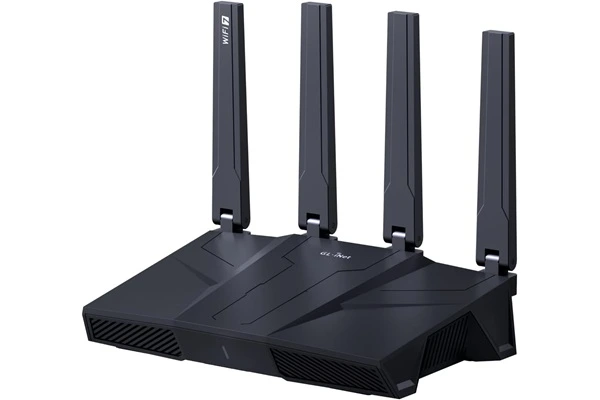
|
|
How often should I replace my router?
Short Answer: Every 3-5 years

Reason #1: Wi-Fi Technology Keeps Getting Better
Wi-Fi speeds keep improving, and newer devices like laptops or tablets can often
support faster speeds than your older router. Right now, Wi-Fi 6e is the newest standard,
and Wi-Fi 7 routers are starting to appear. These newer routers not only offer faster speeds
but also provide a stronger signal that can reach farther than older models.
Reason #2: Old Routers Stop Getting Security Updates
When was the last time you checked for updates on your router? If you can’t
remember, you’re not alone—many people don’t check often. It’s a good idea to log into
your router every six months to see if there are any updates. If your router no longer
gets updates, it’s time for a new one. Security risks change over time, and some old
routers are no longer safe to use. In fact, there are lists of older routers that have
been comprimised and should be replaced immediatly. Check with the router manufacturers
website.
Reason #3: TP-Link Routers Need to Be Replaced
If you have a TP-Link router, it’s time to replace it. These routers, which are
made in China, are considered insecure. The U.S. government is even considering banning
them. Many internet service providers have used these routers under different brand names.
It’s best to switch to a more secure option.
Reason #4: New Routers Offer Better Features
A new router could come with helpful features that improve your network. For
example, separating your computers and IoT devices (like security cameras, smart
doorbells, and TVs) into different networks called VLANs. This segregation can help keep
your information safer. You can even create a guest network for visitors. The VLANs will
keep your primary network isolated and more secure.
Reason #5: Older Routers Struggle with Signal Competition
Older routers often use the 2.4GHz band, which can get crowded in neighborhoods
or apartment complexes. This means your Wi-Fi could slow down due to all the other signals
competing for space. Newer routers use the 5GHz or even 6GHz bands, which are much less
crowded and provide faster speeds.